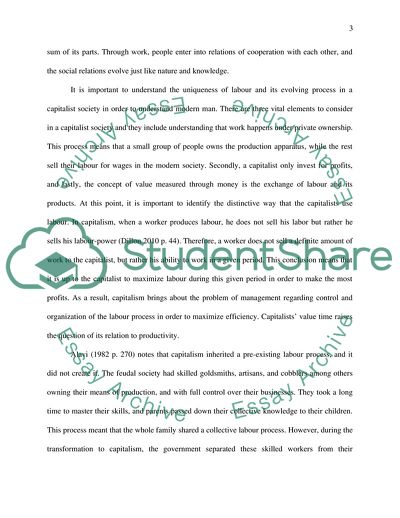Cite this document
(Modern Wage Labor and Capitalism Essay Example | Topics and Well Written Essays - 2500 words, n.d.)
Modern Wage Labor and Capitalism Essay Example | Topics and Well Written Essays - 2500 words. https://studentshare.org/sociology/1854978-modern-wage-labour-why-is-capitalism-based-upon-wage-labour-or-is-it-which-forms-of-labour-are-compatible-with-capitalism
Modern Wage Labor and Capitalism Essay Example | Topics and Well Written Essays - 2500 words. https://studentshare.org/sociology/1854978-modern-wage-labour-why-is-capitalism-based-upon-wage-labour-or-is-it-which-forms-of-labour-are-compatible-with-capitalism
(Modern Wage Labor and Capitalism Essay Example | Topics and Well Written Essays - 2500 Words)
Modern Wage Labor and Capitalism Essay Example | Topics and Well Written Essays - 2500 Words. https://studentshare.org/sociology/1854978-modern-wage-labour-why-is-capitalism-based-upon-wage-labour-or-is-it-which-forms-of-labour-are-compatible-with-capitalism.
Modern Wage Labor and Capitalism Essay Example | Topics and Well Written Essays - 2500 Words. https://studentshare.org/sociology/1854978-modern-wage-labour-why-is-capitalism-based-upon-wage-labour-or-is-it-which-forms-of-labour-are-compatible-with-capitalism.
“Modern Wage Labor and Capitalism Essay Example | Topics and Well Written Essays - 2500 Words”. https://studentshare.org/sociology/1854978-modern-wage-labour-why-is-capitalism-based-upon-wage-labour-or-is-it-which-forms-of-labour-are-compatible-with-capitalism.


